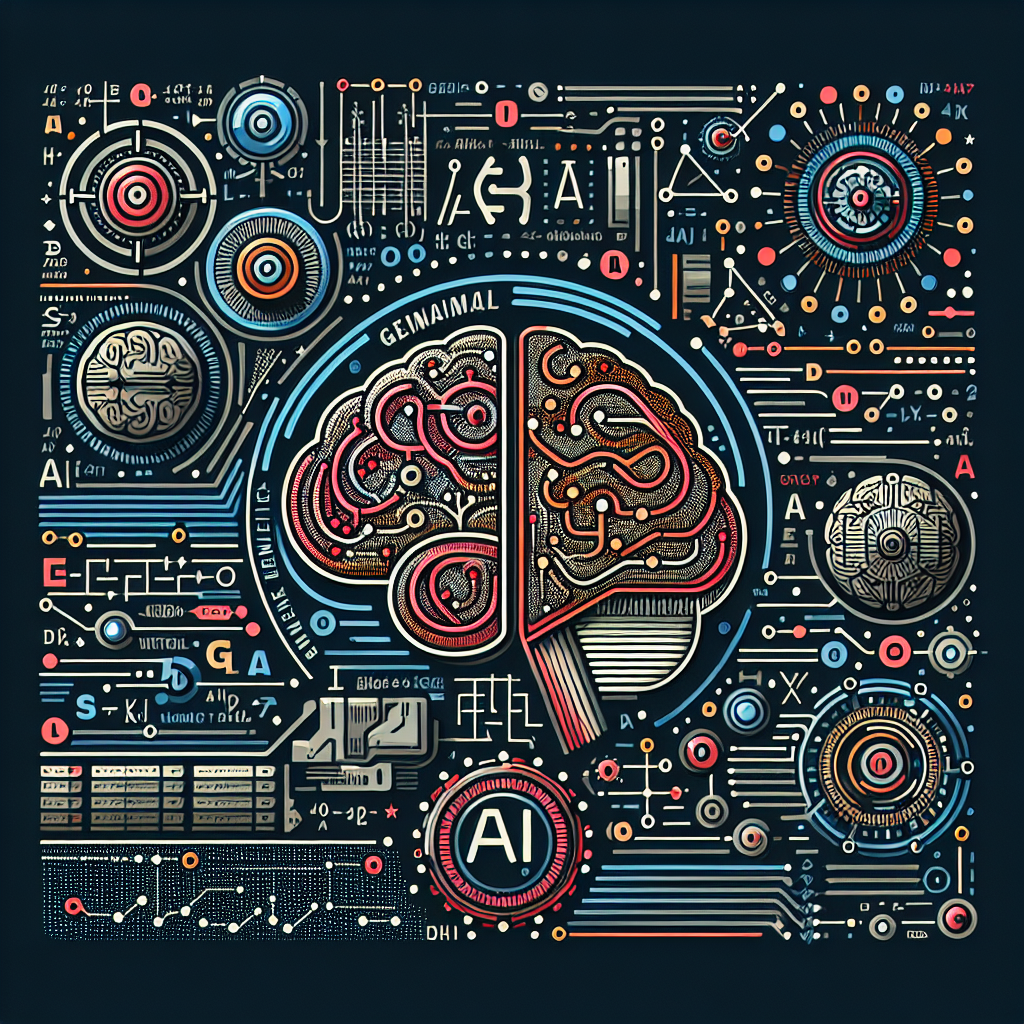Artificial General Intelligence (AGI) is the holy grail of artificial intelligence research. AGI refers to a machine intelligence that can perform any intellectual task that a human can do. While we have made significant progress in the field of AI in recent years, achieving AGI remains a challenging and elusive goal. However, recent research has provided some exciting insights into the future of AI and the potential breakthroughs that may lead us closer to achieving AGI.
In this article, we will explore some of the recent breakthroughs in AGI research and discuss what they tell us about the future of AI. We will also address some common questions and concerns about AGI and its implications for society.
Recent Breakthroughs in AGI Research
One of the key challenges in AGI research is developing algorithms that can learn and adapt to new tasks and environments. Traditional AI systems are often designed for specific tasks and lack the flexibility and generalization abilities of human intelligence. However, recent research in the field of reinforcement learning, a type of machine learning that uses feedback from the environment to improve performance, has shown promising results in developing more flexible and adaptable AI systems.
One of the most significant breakthroughs in reinforcement learning is the development of deep reinforcement learning algorithms, which combine deep learning techniques with reinforcement learning to create more powerful and robust AI systems. Deep reinforcement learning has been successfully applied to a wide range of tasks, from playing complex board games like Go and chess to controlling autonomous vehicles and robots.
Another important breakthrough in AGI research is the development of meta-learning algorithms, which enable AI systems to learn new tasks and environments more quickly and efficiently. Meta-learning algorithms work by learning a set of high-level strategies or heuristics that can be applied to a wide range of tasks, allowing AI systems to adapt and generalize their knowledge to new situations.
Recent research has also focused on improving the efficiency and scalability of AI algorithms, particularly in the area of large-scale distributed learning. By distributing the computational workload across multiple machines or servers, researchers have been able to train larger and more complex AI models, leading to significant improvements in performance and accuracy.
Overall, these recent breakthroughs in AGI research have shown that we are making significant progress towards achieving more flexible, adaptable, and intelligent AI systems. While we are still far from achieving true AGI, these developments are a promising sign of what the future of AI may hold.
The Future of AI: Opportunities and Challenges
As we continue to make progress in AGI research, it is important to consider the opportunities and challenges that AI presents for society. On one hand, AI has the potential to revolutionize many aspects of our lives, from healthcare and education to transportation and entertainment. AI-powered systems can help us make better decisions, improve efficiency and productivity, and enhance our quality of life.
However, AI also raises concerns about privacy, security, and the impact on jobs and the economy. As AI systems become more powerful and autonomous, there is a growing need to address ethical and regulatory issues surrounding their development and deployment. For example, how do we ensure that AI systems are fair and unbiased in their decision-making? How do we protect sensitive data and prevent malicious actors from exploiting AI for harmful purposes?
Another challenge is the potential impact of AI on the job market. While AI has the potential to create new opportunities and industries, it also has the potential to automate and displace certain jobs, leading to job loss and economic disruption. As AI continues to advance, it will be important for policymakers, businesses, and individuals to adapt and prepare for the changing landscape of work and employment.
Overall, the future of AI presents both opportunities and challenges for society. By addressing these issues proactively and responsibly, we can harness the power of AI to create a more prosperous, equitable, and sustainable future for all.
FAQs
Q: What is AGI and how is it different from narrow AI?
A: AGI refers to a machine intelligence that can perform any intellectual task that a human can do, while narrow AI is designed for specific tasks and lacks the flexibility and generalization abilities of human intelligence.
Q: How close are we to achieving AGI?
A: While we have made significant progress in AI research, achieving true AGI remains a challenging and elusive goal. It is difficult to predict when we will achieve AGI, but recent breakthroughs in research suggest that we are moving closer to this goal.
Q: What are some of the ethical concerns surrounding AI?
A: Some of the ethical concerns surrounding AI include issues of privacy, security, bias, and job displacement. It is important for researchers, policymakers, and businesses to address these concerns proactively to ensure that AI is developed and deployed responsibly.
Q: How can we prepare for the future of AI?
A: To prepare for the future of AI, it is important to stay informed about the latest developments in AI research and technology. Individuals can also develop skills in areas like data science, programming, and machine learning to take advantage of the opportunities that AI presents.
In conclusion, recent breakthroughs in AGI research have provided some exciting insights into the future of AI and the potential for developing more intelligent and adaptable AI systems. While there are still many challenges to overcome, the progress we have made so far is a promising sign of what the future of AI may hold. By addressing ethical concerns and preparing for the changing landscape of work and society, we can harness the power of AI to create a more prosperous and equitable future for all.

